According to a VNA correspondent in Singapore, the Clean Economy Investor Forum was organized by the Singapore Ministry of Trade and Industry in coordination with 13 other countries within the framework of IPEF. The forum attracted the participation of many ministers, senior officials of governments, hundreds of leading international investors and excellent companies in the innovation and startup industry.
In his opening remarks at the forum, Singapore Prime Minister Lawrence Wong said that Singapore is aiming to support the four pillars of IPEF, including trade, supply chains, clean economy and fair economy. According to the Singaporean leader, the supply chain agreement that came into effect earlier has made good progress in its implementation.

Singapore Prime Minister Lawrence Wong delivers the opening speech at the Clean Economy Investor Forum in Singapore.
The Forum is a key initiative to advance the goals of the IPEF Clean Economy Agreement, to facilitate business and high-quality capital, and to build connections between the public and private sectors through in-depth discussions with expert panelists.
The forum identified a total of 69 sustainable infrastructure projects with investment opportunities of over USD 23 billion. Of these, 20 investment-ready projects worth approximately USD 6 billion were introduced during the business matching sessions. The remaining projects worth approximately USD 17 billion were also identified as potential future investment opportunities. During the event, climate technology companies appealed for up to USD 2 billion in new funding, while 49 climate technology startups sought to raise up to USD 2.5 billion in new investment.
On the sidelines of the IPEF Ministerial Conference and the above-mentioned forum, Minister Nguyen Hong Dien also had meetings with delegations from the US and Singapore to discuss important issues in bilateral trade as well as potential cooperation activities in renewable energy.
Minister Nguyen Hong Dien emphasized: “Vietnam has great potential for cross-border electricity trade and is very interested in enhancing the connectivity of the power grid in ASEAN”, and highly appreciated the cooperation and support of the US and relevant parties. The Minister said that Vietnam hopes that through the Working Group, countries will share experiences in developing offshore wind power, building submarine power transmission cable systems, and other related issues.
Notably, at the Vietnam - Singapore - US trilateral meeting regarding large-scale electricity exports abroad without going through the national power transmission grid, the leaders welcomed the establishment of a Trilateral Working Group between Vietnam, Singapore and the US.

Establishment of a Trilateral Working Group between Vietnam, Singapore and the US at a trilateral meeting regarding electricity exports abroad.
According to Mr. Luong Minh Thai, Director General of the Multilateral Trade Policy Department, Ministry of Industry and Trade , this IPEF Ministerial Meeting is an important event marking the implementation of this initiative by countries. Vietnam brought to this conference the initiative together with Singapore and the US to create a 3-party framework to discuss potential steps to establish an electricity connection network with countries in the Association of Southeast Asian Nations (ASEAN).
Highly appreciating this new step, Associate Professor Vu Minh Khuong, Lee Kuan Yew School of Public Policy, said that the Vietnam Oil and Gas Technical Services Corporation has pioneered the more than 1,000 km submarine power cable to Singapore along with the fiber optic cable. This effort by Vietnam has laid the foundation as well as sent an important message that Vietnam will actively participate in the region's digital green transformation process.
During the tripartite meeting, the Vietnamese delegation expressed its interest in enhancing power grid connectivity within ASEAN, as well as between Vietnam and Singapore, and pledged that Vietnam will continue to create favorable conditions for Singapore and the US to study mechanisms, principles, and frameworks to facilitate the development of submarine cables to support cross-border electricity trade in accordance with legal regulations.
Source


![[Photo] Prime Minister Pham Minh Chinh and Prime Minister of the Kingdom of Thailand Paetongtarn Shinawatra attend the Vietnam-Thailand Business Forum 2025](https://vphoto.vietnam.vn/thumb/1200x675/vietnam/resource/IMAGE/2025/5/16/1cdfce54d25c48a68ae6fb9204f2171a)





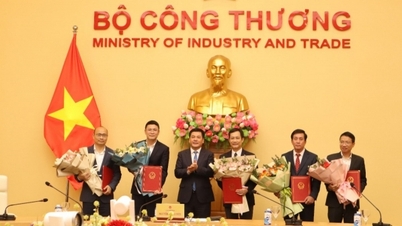

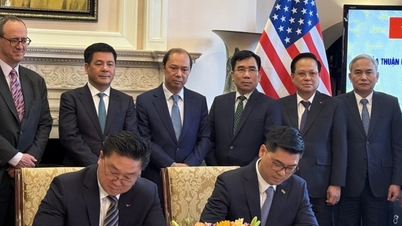
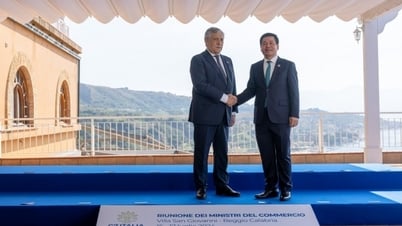

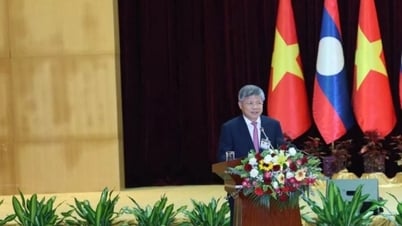

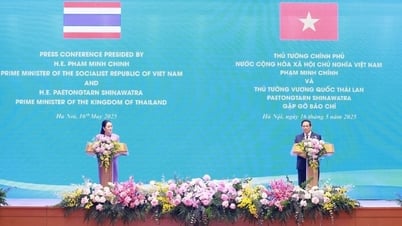
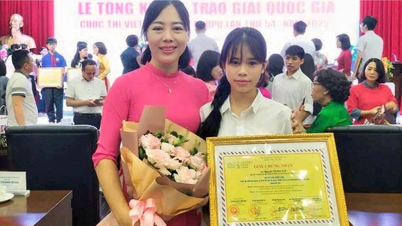


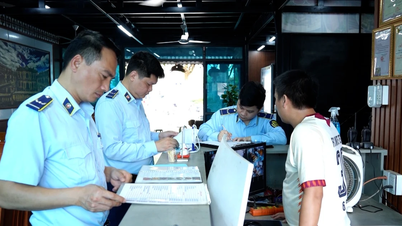
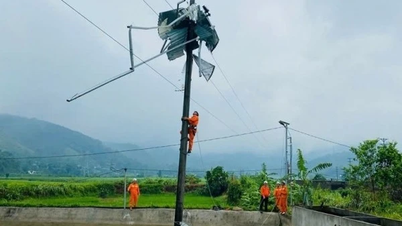
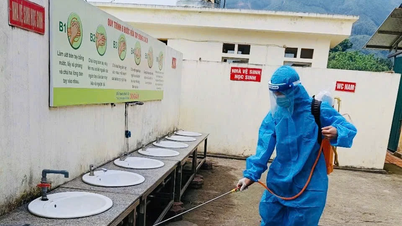






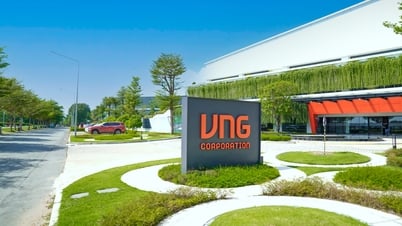
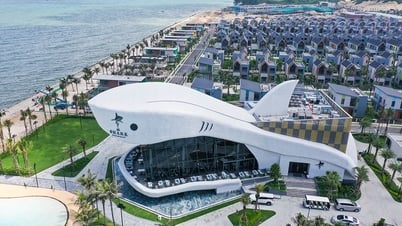

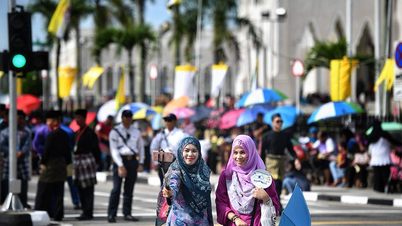
![[Photo] President Luong Cuong receives Prime Minister of the Kingdom of Thailand Paetongtarn Shinawatra](https://vphoto.vietnam.vn/thumb/1200x675/vietnam/resource/IMAGE/2025/5/16/52c73b27198a4e12bd6a903d1c218846)











































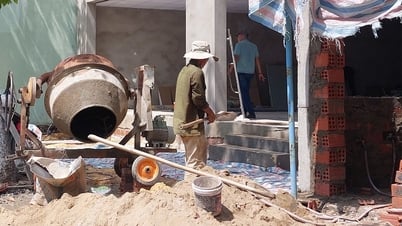

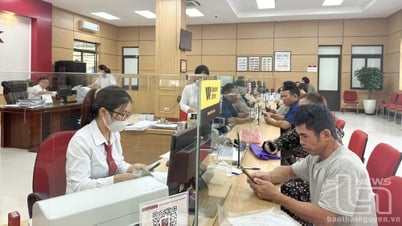





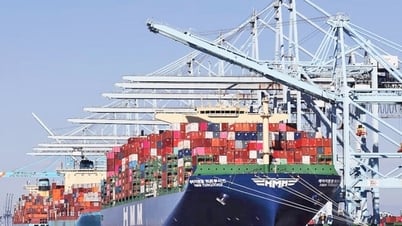













Comment (0)